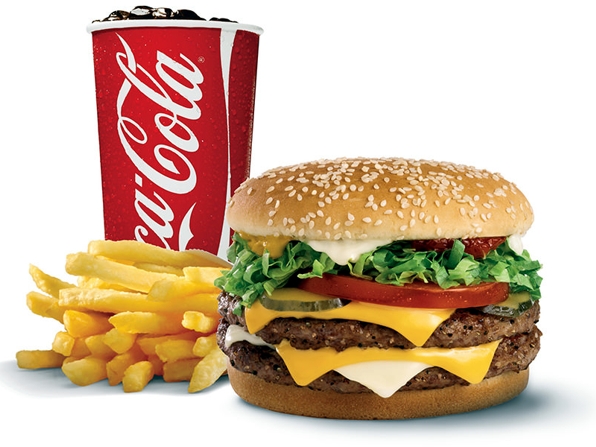The annual survey of Canadian food affordability and consumers’ food-related resolutions for 2020 is out, and the news looks glum. The survey shows that many Canadians intend to change their food shopping and consuming habits in the coming year to offset price increases. But…
 Less restaurant dining and more home cooking are near the top
Less restaurant dining and more home cooking are near the top
of many Canadians’ lists of 2020 food resolutions. But
can they stay true to their good intentions?
Chief among the resolutions some Canadians are making to take a bite out of food price increases are: wasting less, couponing more, brown-bagging their work lunches and eating fewer costly restaurant meals. The survey, taken earlier this month, included 1,507 Canadians.
Surprising results
“We weren’t expecting to see so many Canadians feeling that they were falling behind with their income versus the money they spend on food. The survey showed 87 per cent of Canadians believe that food prices are actually much higher now compared to what they earn,” Dalhousie University Professor Sylvain Charlebois told the Halifax Star. “Clearly, Canadians are feeling the pressure when they actually go to the grocery store or to the restaurant.”
Those most concerned about their ability to pay for food in 2020 were found in Alberta, Manitoba and Quebec, where 89 percent of those asked said they were worried. Next came The Atlantic provinces and Ontario at 86 percent, and British Columbians registered 85 per cent.
More than half of survey respondents – 52 percent – said they plan to cut down on food waste and home-cook more to control the effects of price increases.
Food waste a high-concern issue
On the waste issue, particularly, Charlebois says he was stunned. “That means that food waste has now become highly politicized and people are concerned about climate change, and the one thing they can do in order to mitigate the effects of climate change is to reduce the amount of waste they generate as a consumer. […] I thought the No. 1 issue was going to be something like ‘change diet’ or ‘eat healthier’.”
Consumers very aware of food cost increases
Consumers identified three food categories as most concerning in terms of rising prices: Fruits, Vegetables and Meat products. Women were more concerned about Vegetables than men, and men were more concerned about rising Meat prices. No coincidence that those are the food categories which have registered the highest rates of increase over the past few years, and are already out of reach for some on low or fixed incomes.
My take
I agree wholeheartedly with Charlebois in another of his contentions, that Canadians probably won’t make good on their food-consuming resolutions, just like those other resolutions we make at this time of year.
“People may ask Santa Claus for a new cookbook, but whether they’re going to actually use it or read it beyond looking at pictures, who knows,” Charlebois noted. “I’m not sure if people will eat out less [either], because this is obviously just a survey, but people are conscious about the fact that eating out actually does come out at a cost.”
I’d bet my lunch money on human nature winning out over good intentions.
~ Maggie J.

